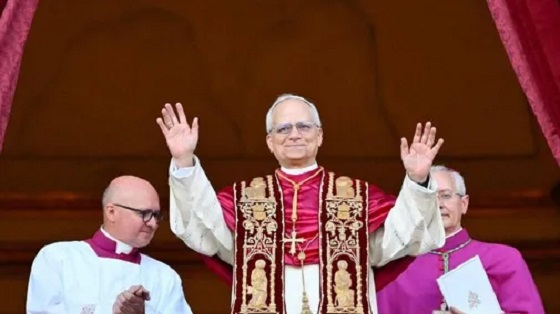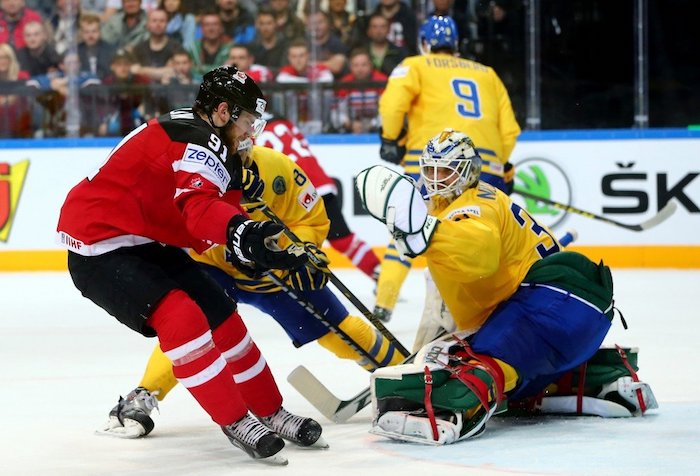From The Center Square
The first American pontiff in the 2,000-year history of the Roman Catholic Church offers a simple vision for the future: build bridges and receive each other with open arms.
It’s a message grown from the roots of 69-year-old Cardinal Robert Francis Prevost’s consecration to the Order of St. Augustine, a 4th century bishop revered for his blend of contemplative prayer and public ministry.
And now, as Pope Leo XIV, the world’s 1.4 billion Catholics – and beyond – wonder how the Chicago native turned Peruvian bishop will navigate the ever-blurring line between secular politics and doctrinal authenticity.
His first remarks from the balcony of St. Peter’s Basilica in Rome favored the latter. He opened his brief and emotional speech with the first words of the “risen Christ, the good shepherd who gave his life for the flock of God.”
“Peace be with you,” he said. “I, too, would like this greeting of peace to enter your hearts, to reach your families and all people, wherever they are; and all the peoples, and all the earth: Peace be with you.”
Like Pope Francis before him, Prevost values a synodal church in which the ordained lead with humility and weigh the needs of its members equally, as opposed to two millennia of hierarchical structure based in scripture and tradition.
This viewpoint drew sharp criticism and dented Francis’ legacy. The former pontiff’s penchant for choosing political sides that many conservative critics viewed as borderline Marxist drove partisan divisions deeper.
Coupled with his “radical” commitment to synodality, many argued that Francis led the church astray by pushing progressive views on immigration, LGBT inclusion, climate change and anti-capitalism.
It was Francis himself who tapped Prevost to serve as Bishop of Chiclayo, in northwestern Peru, and a cardinal just last year. He also ascended to an influential role in the Holy See: running the Dicastery of Bishops, which oversees the selection and management of bishops worldwide.
Prevost’s harshest critics believe his administrative oversight is lacking. In March, the Survivors Network of Abused by Priests said that he’d failed to investigate sexual misconduct claims against two priests serving in the Diocese of Chiclayo.
The network sent a letter to Prevost on Thursday asking him to hold disgraced priests accountable.
“While the priest and other offenders may have stolen our bodies, it is the cardinals and bishops of the church, along with three successive popes before you, who have stolen our voices,” the network wrote. “Imagine our heartbreaking disappointment and despair if we discover that this includes you.”
Vatican observers note that Prevost, however, favors more conservative social and political values, though he remains “open to dialogue.”
He said as much himself on Thursday.
“God loves us, all of us, evil will not prevail. We are all in the hands of God,” Pope Leo XIV said. “Without fear, united, hand in hand with God and among ourselves, we will go forward. We are disciples of Christ, Christ goes before us, and the world needs His light. Humanity needs Him like a bridge to reach God and his love. You help us to build bridges with dialogue and encounter so we can all be one people always in peace.”

















